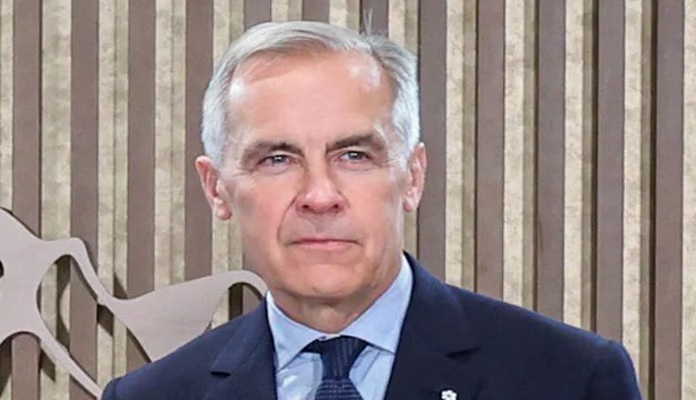
 Understanding diabetes is the first step toward managing and preventing it. Today, diabetes has become a major public health concern, particularly in India, for several reasons. Globally, more than 300 million people live with diabetes, and a similar number are at high risk. In our country, one of the key barriers to tackling this challenge is the lack of awareness about the importance of lifestyle modification and the need for behavior change.
Understanding diabetes is the first step toward managing and preventing it. Today, diabetes has become a major public health concern, particularly in India, for several reasons. Globally, more than 300 million people live with diabetes, and a similar number are at high risk. In our country, one of the key barriers to tackling this challenge is the lack of awareness about the importance of lifestyle modification and the need for behavior change.
Diabetes makes individuals more vulnerable to heart disease, kidney failure, and infectious diseases like tuberculosis, malaria, and HIV/AIDS, often leading to premature death. Many health experts and organizations now refer to sugar as “the new tobacco,” given its far-reaching impact on health.
The common belief that diabetes is an “urban” or “rich man’s disease” is outdated. Recent trends show that the annual increase in diabetes cases is actually higher in rural areas, among poorer populations, and in less-educated groups.
While diabetes can be life-threatening if left unmanaged, it is not inevitably deadly. With regular monitoring, proper medication, and disciplined living, it can be controlled. Still, it remains a major cause of blindness, kidney failure, heart attack, stroke, and lower limb amputation. Healthy eating, regular physical activity, and avoiding tobacco can prevent or delay the onset of type 2 diabetes. Moreover, early diagnosis, proper treatment, and consistent screening for complications can help avoid or postpone its severe consequences.
Diabetes is fundamentally a metabolic disorder rather than a disease. Acceptance of the problem is the first step in managing it effectively. As health experts emphasize, “strengthening primary care is imperative”—not just for diabetes, but for all widespread and persistent illnesses.
Many patients mistakenly believe that simply changing their diet or relying on alternative therapies can control diabetes. In reality, lifestyle modification is essential, but stopping prescribed insulin is dangerous. Without adequate insulin, blood sugar levels rise sharply, leading to ulcers, infections, and other severe complications. Common symptoms include excessive urination, persistent thirst and hunger, unexplained weight loss, and fatigue—all caused by insulin deficiency.
Even a century after the discovery of insulin, millions worldwide still lack access to the care they need. Diabetes requires ongoing medical attention and support to avoid complications.
One of the main causes of the disorder is an unhealthy diet. People often reduce the quantity of food without understanding the caloric content of what they eat. The medical community must rise to the challenge of preventing, diagnosing, and managing diabetes effectively. Many institutions are now offering in-service programs to enhance the knowledge, skills, and competencies of primary care physicians so they can deliver standardized treatment.
Tackling diabetes requires collaboration—between governments, civil society, the private sector, schools, workplaces, media, and local communities. Each of us has a role to play in creating healthier environments.
Walking is perhaps the simplest and most effective way to maintain good health. For people with diabetes, it is an ideal form of exercise—it requires no training, no special equipment, and can be done anywhere, anytime. Living with diabetes may not be easy, but it is far from impossible. With a few lifestyle and dietary changes, along with medical guidance, the condition can be kept well under control.
(Written by Vinod Chandrashekhar Dixit)




